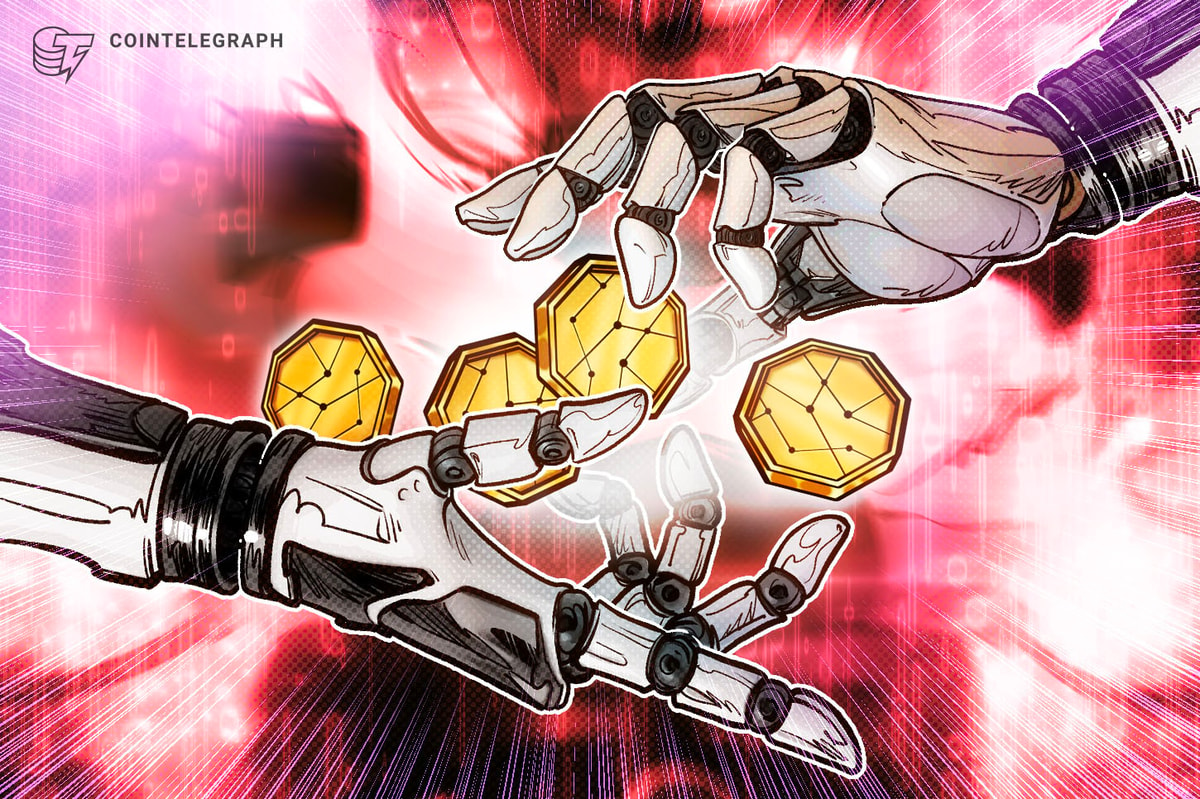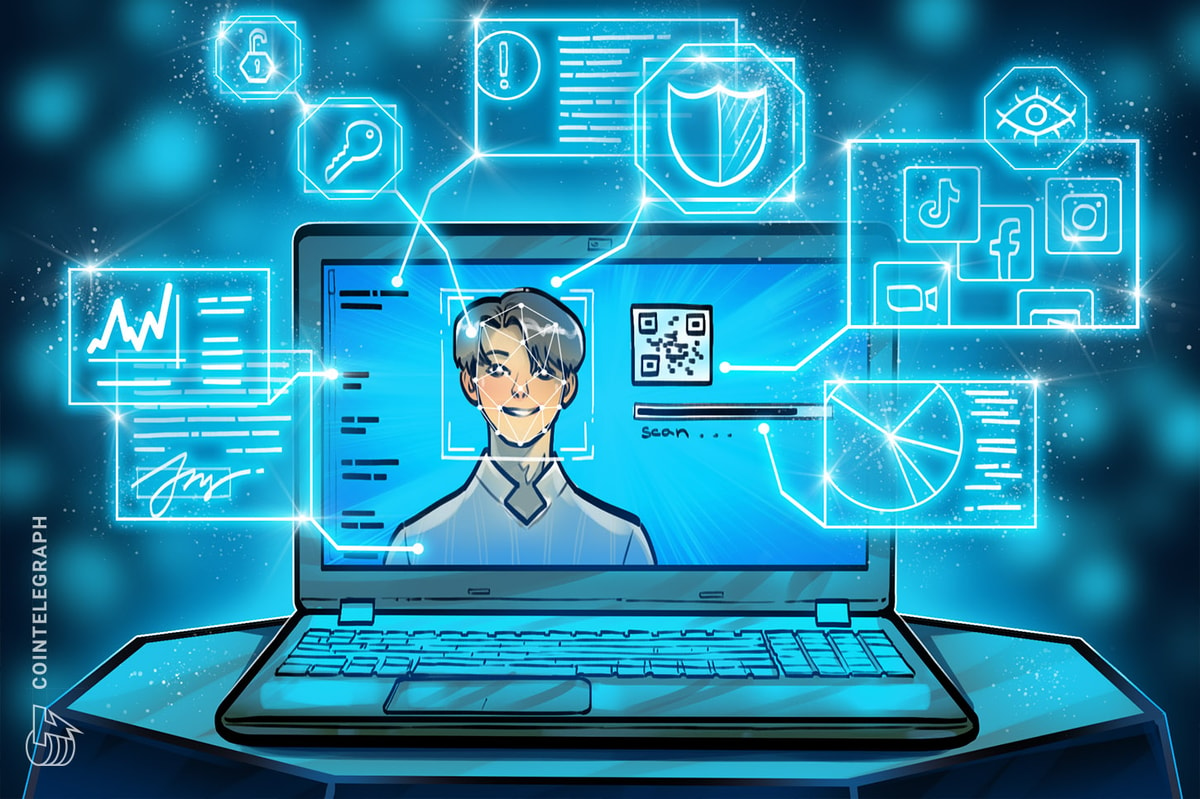Introduction to Decentralized AI and the Proof of Honesty (PoH) Protocol
OpenAI’s SORA has captivated public attention, showcasing the transformative power of AI and its capacity to reshape our world once again. In the realm of cryptocurrency and blockchain, decentralized AI projects like Gensyn, OORT (my own startup), and Bittensor are emerging to accelerate AI development by leveraging decentralization’s benefits—enhanced data privacy and cost savings.
The Emergence of Decentralized AI
Leveraging blockchain technology and cryptographic economic incentives, decentralized AI encourages global participants to contribute computing power and data, fostering innovation and widespread adoption of AI technologies.
The Problem of Efficient Resource Allocation
For efficiency and fairness, networks should prioritize users with higher utility needs, such as what we do in internet bandwidth allocation and cellular scheduling systems. Yet, optimizing resource allocation becomes challenging in decentralized environments due to the absence of comprehensive global information.
The Solution: Proof of Honesty (PoH)
The PoH protocol, leveraging blockchain technology, incentivizes service providers with cryptocurrencies proportional to their network contributions.
PoH Incentivizes The Selfish Nodes To Act To Optimize The Social Goals
For example, in decentralized AI, the dataset of an AI model can be stored in multiple geographically distributed service providers. When a user gets all pieces of the dataset from these service providers, the crypto reward will be proportionally shared by the service providers who contribute the dataset pieces.
This incentivizes the service providers to cache frequently accessed dataset pieces in proximity and to deploy in a zone with high and reliable bandwidth, ultimately optimizing the network topology and the resource allocation in a decentralized manner.
PoH Enables Decentralized Trustworthy Computing
Security and trust are paramount in the digital era, especially for AI computing tasks outsourced to an unknown service provider in a decentralized AI network. PoH is a vigilant guardian in AI computing, ensuring that outsourced tasks are completed accurately and honestly.
PoH employs a mechanism inspired by law enforcement’s use of entrapment, discreetly incorporating test tasks, or “phishing tasks,” among real tasks. If a provider attempts to cut corners, the “PoH officers” catches them in the act using these phishing tasks, which deters dishonesty and secures the process without the need for constant oversight.
A Mechanism for Security
PoH embeds “phishing tasks” within regular tasks, making them indistinguishable from real tasks but with expected results known to the outsourcer. This strategy creates uncertainty among service providers about which tasks are tests, encouraging integrity to avoid detection and penalties.
Democratizing AI Development
Though still in its infancy, decentralized AI promises to revolutionize how AI development occurs. By facilitating direct interactions between developers and users, bypassing the traditional gatekeepers of centralized authorities, it paves the way for a more democratic and trustworthy AI ecosystem.
The Future of AI Development
This shift could dramatically alter the power dynamics within the AI market, marking a substantial step toward democratizing access to AI technologies.
Conclusion
The Proof of Honesty protocol demonstrates the potential for decentralized AI to bring trust and security to the development of artificial intelligence, fostering a more inclusive and efficient development process.
FAQs
What is Decentralized AI?
Decentralized AI refers to the use of blockchain technology and cryptocurrencies to accelerate AI development and implementation, promoting decentralized control, transparency, and security.
How Does Proof of Honesty (PoH) Work?
PoH incentivizes service providers to contribute computing power and data to decentralized AI projects, promoting honesty and trust among providers through the use of phishing tasks and cryptography.
What Are the Benefits of Decentralized AI?
The benefits of decentralized AI include enhanced data privacy, cost savings, increased security, and a more inclusive and trustworthy AI ecosystem.
What Is the Future of AI Development?
The future of AI development lies in the hands of decentralized AI, promising a more democratic and efficient development process.









